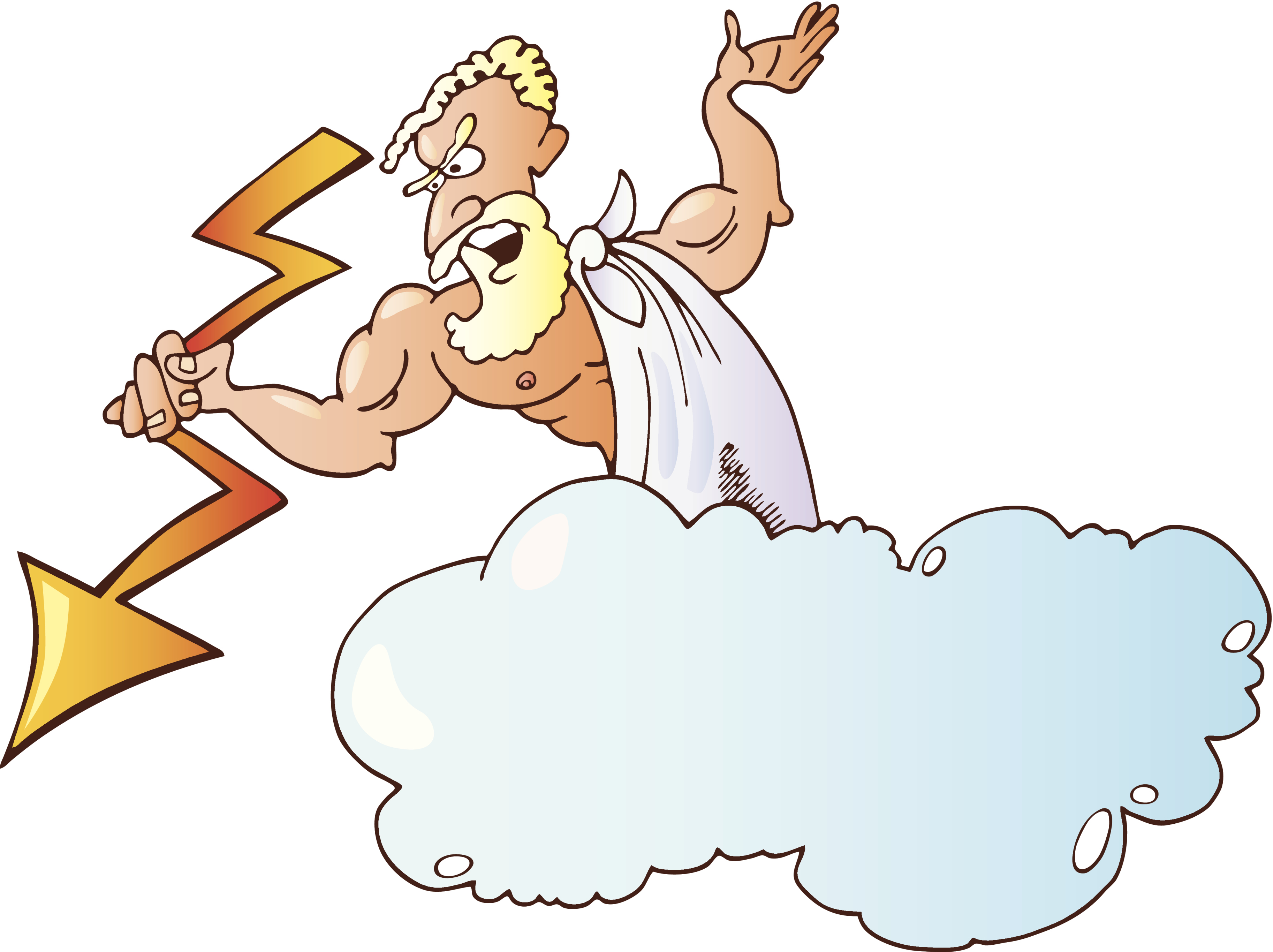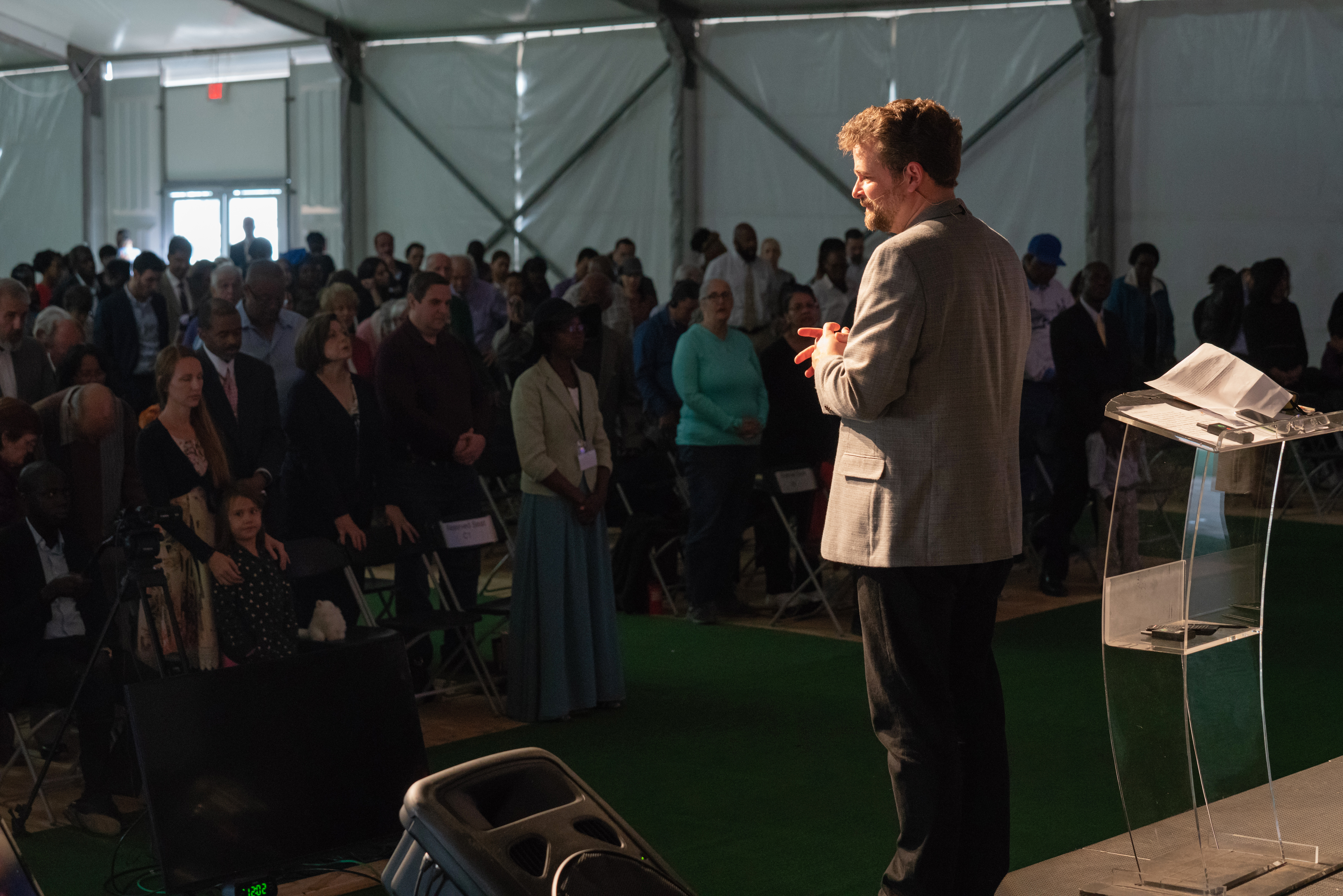
Adventures in Lystra
When Paul and Barnabas visited the city of Lystra, the people thought they were gods. Then, almost overnight, Paul was stoned. Talk about a reversal of public opinion!
It all started in Antioch. Paul and Barnabas, at the invitation of the local leaders, stood up in the synagogue to speak a few words of encouragement. The people liked what they heard and the next week they shared again. "On the next Sabbath almost the whole city came together to hear the word of God." (Acts 13:44) When several of the leading Jews saw their popularity, they became jealous and contradicted and reviled the men. The persecution built until the two disciples left the city, shaking the dust off of their feet.
Not long after, Paul and Barnabas arrived in the city of Lystra. There they met a man crippled from birth who could not walk. Paul watched the man intently and saw that he had the faith to be healed. He told the man to stand up straight. And he did! The reaction of the citizens of Lystra to this miracle was extreme.
"Now when the people saw what Paul had done, they raised their voices, saying in the Lycaonian language, 'The gods have come down to us in the likeness of men!' And Barnabas they called Zeus, and Paul, Hermes, because he was the chief speaker. Then the priest of Zeus, whose temple was in front of their city, brought oxen and garlands to the gates, intending to sacrifice with the multitudes." (Acts 14:11-13)
The citizens thought these men were gods. Paul and Barnabas were extremely horrified!
"But when the apostles Barnabas and Paul heard this, they tore their clothes and ran in among the multitude, crying out and saying, 'Men, why are you doing these things? We also are men with the same nature as you, and preach to you that you should turn from these useless things to the living God, who made the heaven, the earth, the sea, and all things that are in them, who in bygone generations allowed all nations to walk in their own ways. Nevertheless He did not leave Himself without witness, in that He did good, gave us rain from heaven and fruitful seasons, filling our hearts with food and gladness.' And with these sayings they could scarcely restrain the multitudes from sacrificing to them." (Acts 14:14-18)
The reaction of the citizens of Lystra does not seem as surprising when we understand their history. A temple to Zeus stood at the front of the city. The inhabitants were big fans. In New Testament times, it was not uncommon for people to believe that the gods visited cities and walked and talked with their inhabitants. In Lystra, the people believed an old myth that Zeus and Hermes, disguised as humans, had visited an elderly couple and presented them with gifts. The worship of Zeus and Hermes was popular in the city. Archeologists have uncovered in the area of Lystra both a statue of Zeus and a stone altar dedicated to the "Hearer of Prayer"—probably Zeus. So, Paul and Barnabas showing up unannounced and healing a man lame from birth seemed to fit what they would’ve expected Zeus and Hermes to do.
Paul and Barnabas were horrified by this response. Instead, Paul directed the citizens’ attention to the living God who is the Creator. The disciples told the people of the One who was interested in their lives right then and there and was not a pillar of stone standing immovable at the city gate.
Between verses 18 and 19 of Acts chapter 14, this all changes. We aren't told how much time passed, but a contingent of angry men arrived from Antioch and worked the crowds. These men must have been upset, because they traveled more than 100 miles to thwart the work of the apostles. The results were horrible.
"Then Jews from Antioch and Iconium came there; and having persuaded the multitudes, they stoned Paul and dragged him out of the city, supposing him to be dead." (Acts 14:19)
In spite of being stoned, Paul was not dead, and his ministry did not end that day in Lystra.
He and Barnabas went on to share the Good News with many other cities, and thousands believed because of their witness. I wonder if any subsequent visit was ever as memorable as the one to Lystra!



